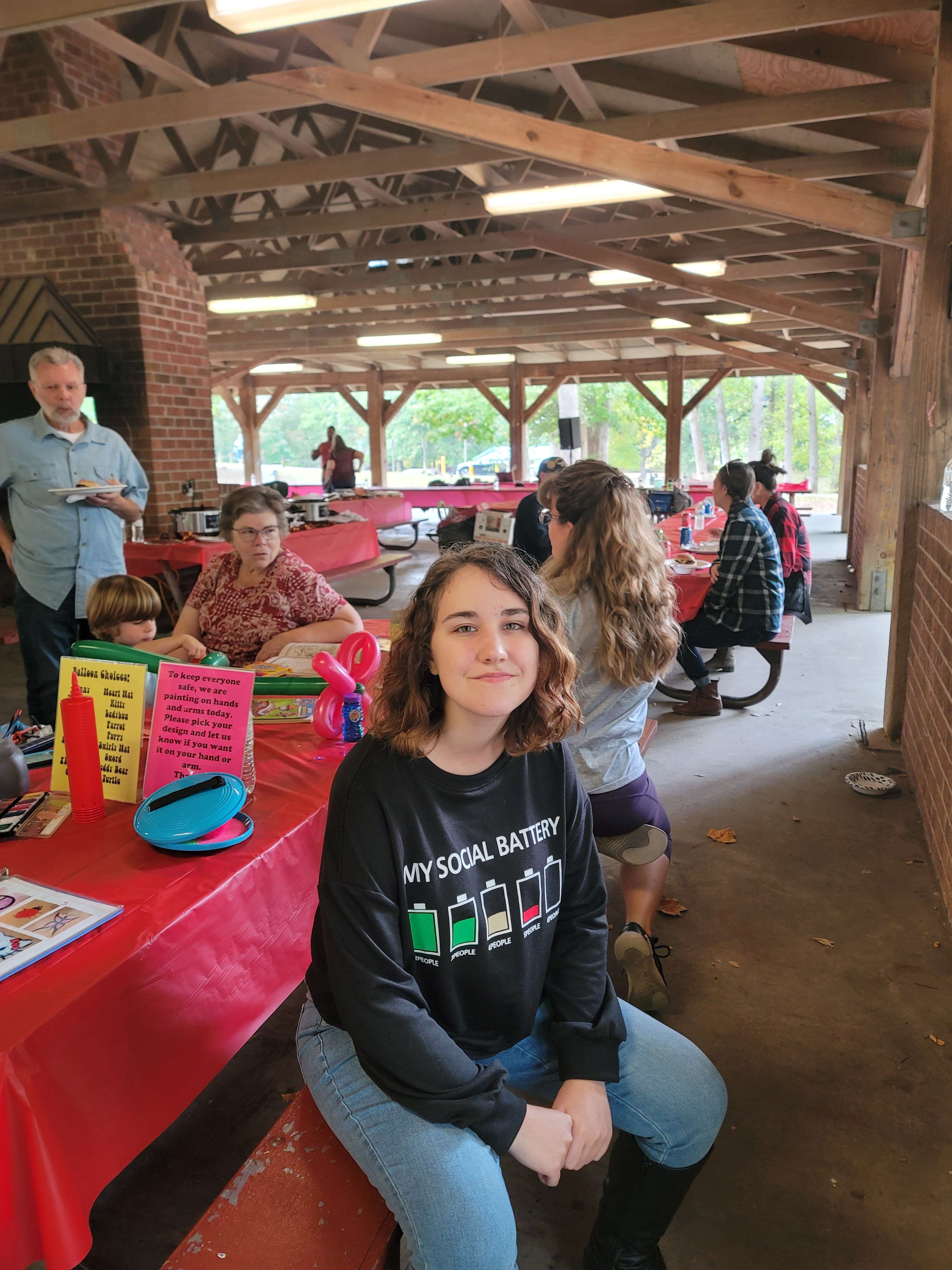When I started this course, I knew I had a general understanding of what is right and wrong. My problem was I didn’t know how to describe it in words as well as I thought. The main things that I believed I was able to succeed at were things like privacy, professional conduct, and cyber conflict. But after the many essays and readings I did learn things along the way. Before I figured if something was legal or followed protocol, it was probably good to go as that should be an ethical enough answer. However, over the weeks, that confidence gave way to something more important such as curiosity, and a better understanding of the gray areas that we have people might often overlook. Each module pushed me to see the bigger picture, and it’s allowed me to have a more thoughtful approach to ethics, especially in technology and cybersecurity.
Again, I thought if companies followed basic regulations and didn’t get caught up in scandals, they would be doing what they were supposed to. I saw product safety and data privacy as things handled by compliance departments, not necessarily moral decisions. But as we worked through real examples—where companies made cost-benefit decisions that put people at risk or quietly harvested data without real consent, it then hit me that “following the rules” isn’t the same as doing the right thing.
I started thinking about how much we trust companies with personal information and how easy it is for that trust to be broken. It made me question how often convenience or profit outweighs the responsibility to protect people. I began to recognize the deeper values at play, such as respect for individual autonomy and the importance of transparency. The takeaway being, just because something is allowed doesn’t mean it’s ethical, always look into who’s being impacted, and how.
Looking into Confidentiality and Professional Ethics while reading module 4, I used to see confidentiality as more of a technical thing. Like keeping passwords secure or not sharing sensitive files. But this module helped me see it in a more ethical view showing how it can be about trust. Whether you’re a doctor, a cybersecurity professional, or someone handling private data, the people you serve depend on you to protect what they’ve shared. It’s not just about rules, it’s about having a professional relationship and responsibility.
What really stuck with me were the moments where confidentiality came into conflict with doing the right thing, like when someone discovers a serious risk but is unsure if speaking up would break protocol. Those moments made me rethink what it means to be a responsible professional. It’s not about staying silent and following the rules no matter what; it’s about using judgment and standing up when staying quiet could do more harm than good. With the takeaway being that you are holding someone’s trust as a professional and it’s a serious responsibility and you should treat it that way that you would want and speak up when it counts.
Cyberwarfare and Conflict in Module 6 was another big one for me, it’s when we got into cyberwarfare, I’ll admit I mostly thought of it in terms of politics and strategy. I figured governments do what they have to do to defend themselves as it’s just technology it couldn’t effect anyone physically, and that was that. But as we explored the impact of cyberattacks on infrastructure, democratic systems, even on individual lives. Now looking into that I started seeing it less like a game of digital chess and more like a real, human issue.
What surprised me was how much ethics still applies, even in digital conflict. Just because there are no physical casualties doesn’t mean there’s no harm. I hadn’t thought much about the idea of “rules” in warfare applying to cyberspace, but it became clear that we need boundaries. With ones that consider who’s being targeted, whether the response is proportional, and whether it’s actually necessary. Those are questions we should always be asking, especially when the tools we’re using are so powerful and the consequences are so far-reaching. Making the takeaway no matter what type of conflict people can still be affected.
Looking back, I’ve realized how much my ethical thinking has advanced since I joined this course. Originally when it came to thinking of ethics, I thought it mostly in regard to following laws or policies, but I see it can be more of a personal, thoughtful understanding. It’s about people. About impact. And about being the kind of person or professional, who doesn’t just ask, “Is this allowed?” but “Is this right?”

